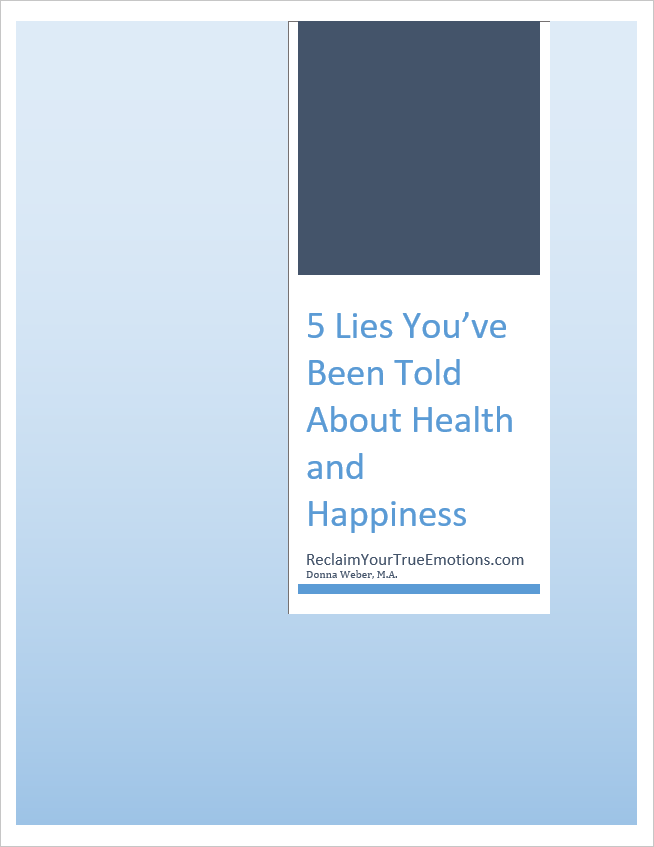In my last two posts, I defined emotional personality and gave you some steps to steps to discover your personality: both true and learned or false.
Now, we are going to explore how your emotional personality affects your life. Your false personality was learned in early childhood and has been your constant companion ever since.
Since your emotional personality was learned, it may not reflect your true self. You have more choices than you realize.
You can choose your true personality.
How do you analyze your personality?
Before you decide to change your personality, you want to know if your personality is helping you or keeping you stuck. If you are experiencing limiting emotions from the past, you can‘t be in the present moment. You are stuck in the past.
There is a simple test to decide if your personality is keeping you stuck. In my post: Personality: How Do You Discover Your Personality? you discovered your personality question or phrase. This can be thought of as your false or mask personality.
In my post: Personality: Discovering Your True Personality, you discovered a core state that defines the true you. This is always a positive quality.
Here’s the easy test
Is your false personality helping you have more of your true personality state?
For example, my friend Bob’s personality question is “Do I know what to do next?” and his true personality state is “peace.” When Bob is frustrated by problems, he often says: “I hate problems. I just want peace in my life.”
Think for a moment about Bob’s personality. He can only have peace when he knows exactly what to do. When problems arise he cannot experience peace.
Most of us face problems every day. Life is filled with problems and new situations. If Bob wants peace, he is dependent on life situations that are outside of his control. Sometimes he has peace and sometimes he doesn’t.
Do you think Bob’s false personality is helping him have more peace? If his life is anything like mine there are many times every day when I am not sure what to do or I am learning something new on the internet.
More examples
Meg’s false personality is “Do you like me?” and her true personality is “unconditional love.” She experiences life as an emotional roller coaster. She is dependent on how other people treat her. If people like her she is on top of the world. A minor slight can upset Meg for days.
Ed’s false personality is “Am I being respected?” and his true personality is “love.” Ed struggles with romantic relationships. He seldom dates anyone for very long. If anyone questions him, he feels disrespected. He longs to feel love.
Leigh’s false personality is “I am never satisfied” and her true personality is “oneness.” Leigh engages in many self destructive behaviors. She shops compulsively hoping that things will bring her satisfaction. She acts so desperate in her relationships that people feel suffocated and leave her.
Time to analyze your personality
Now, take a look at your personality. Is it creating the life you want?
You want to be experiencing your true personality state on a regular basis. The more you experience your true personality state the better.
How to reclaim your true personality
You can choose to release your false personality and reclaim your true personality.
Take your false personality question or phrase and say it over and over again in your mind or out loud. Say it with feeling. This will create an emotional sensation in your body.
Scan your body to locate the emotion. Use the poetry of emotion process to reclaim your true emotion. This may take several sessions. Keep going until your false personality has no charge.
You can reclaim your true self.
To learn more…
(Image: Pink Sherbet Photography @ Flickr http://www.flickr.com/ photos/pinksherbet/1638699646/)



